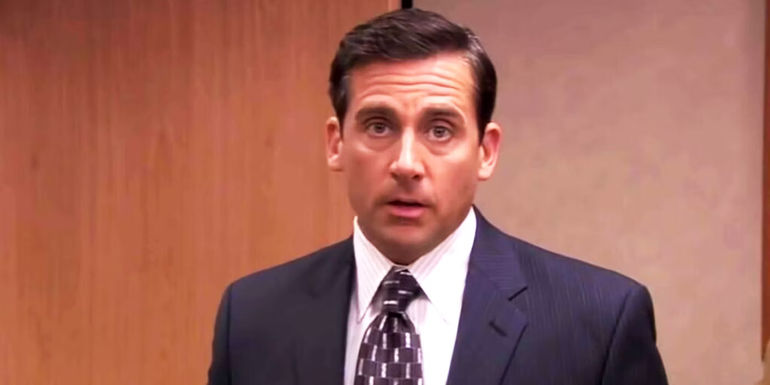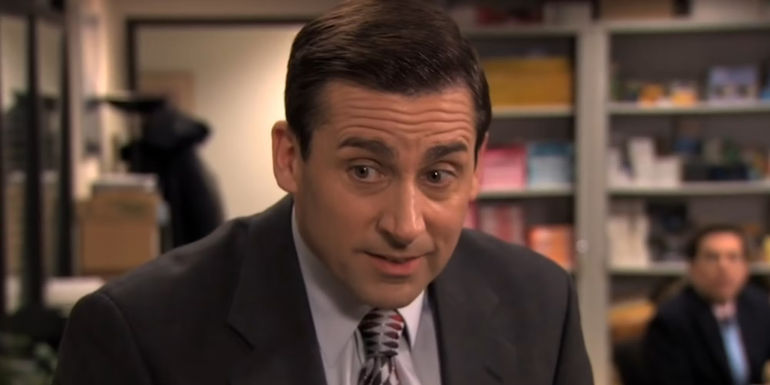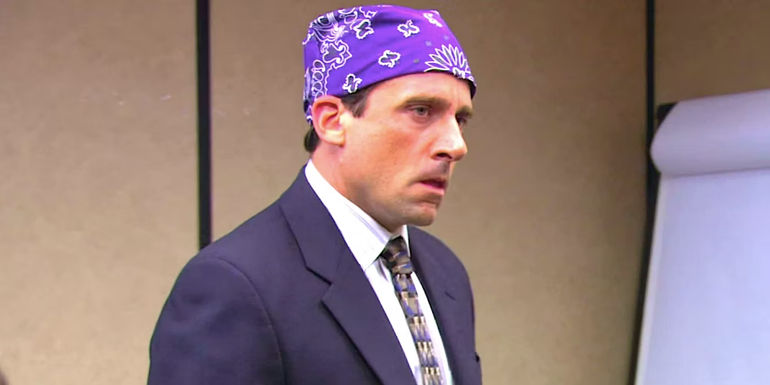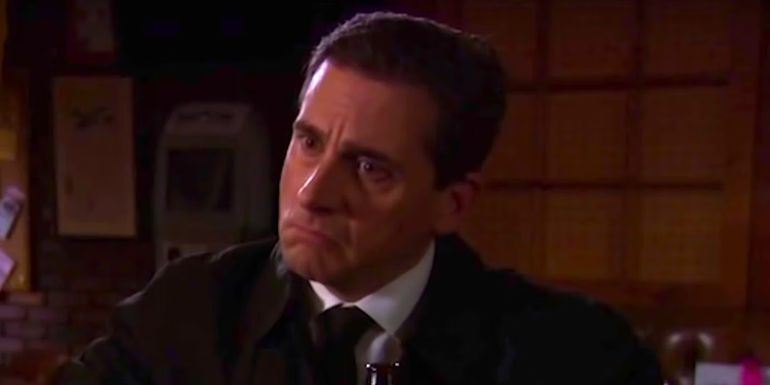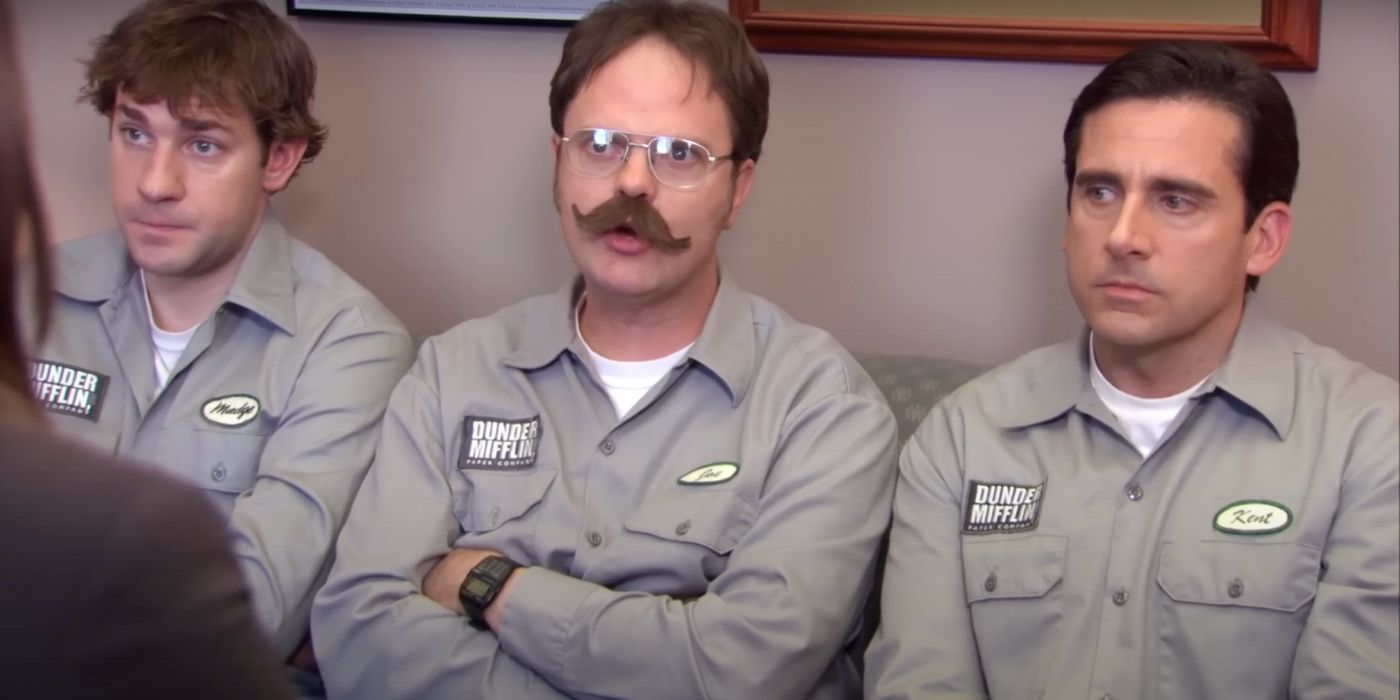
The Evolution of The Office: A Journey from Original Plan to Sitcom Success

Exploring how The Office's departure from its original plan led to sitcom success and enduring popularity.
The Transformation of The Office
The Office, a beloved sitcom that captured the hearts of viewers, underwent a remarkable transformation that ultimately secured its status as a classic. Initially modeled after its British counterpart, the US adaptation of The Office took a divergent path that reshaped the show's essence and appeal. What began as a shaky endeavor blossomed into a comedic powerhouse that revolutionized the workplace sitcom genre.
Amidst this evolution, key changes emerged that redefined The Office's trajectory. The shift in focus from a single protagonist to an ensemble cast marked a pivotal turning point in the show's narrative. Characters like Jim and Pam rose to prominence, injecting a new dynamic into the series and captivating audiences with their endearing chemistry.
The Casting of Steve Carell: A Crucial Factor in Success
One of the crucial elements that contributed to the success of The Office was the casting of Steve Carell as the bumbling yet lovable boss, Michael Scott. Carell's impeccable comedic timing and ability to portray the character's cringe-inducing moments with a touch of vulnerability made him both relatable and hilarious. His portrayal of Michael Scott became an iconic part of the show, elevating it to new heights.
The Importance of Improvisation: Adding Authenticity and Spontaneity
The Office was known for its unique approach to storytelling, which included the use of improvisation. The actors were given the freedom to add their own unique flair to the characters and storylines, resulting in moments of unexpected hilarity and authenticity. This improvisational approach contributed to the show's spontaneity and made the interactions between characters feel more genuine.
Embracing Optimism: The Office's Tone Shift
Following its initial season, The Office underwent a significant tonal shift that set it apart from its darker origins. The abrasive nature of Michael Scott gave way to a more affable and relatable persona, steering the show towards a warmer and lighter atmosphere. This transformation resonated with viewers, fostering a sense of connection and empathy towards the characters.
The journey from a cringe-inducing portrayal to a lovable buffoon showcased the show's capacity for growth and adaptation. The evolution of Michael Scott epitomized the series' ability to redefine itself while staying true to its core essence.
The Cultural Impact of The Office: A Phenomenon in Pop Culture
The Office has transcended its status as a sitcom and become a cultural phenomenon. Its characters, such as Michael Scott, Dwight Schrute, and Jim and Pam, have become ingrained in popular culture, with their catchphrases and mannerisms referenced and imitated by fans. The show has been praised for its realistic portrayal of office life, its relatable characters, and its ability to make audiences both laugh and cry.
The Legacy of The Office: Inspiring a New Generation of Sitcoms
As The Office transcended its initial blueprint, it paved the way for a new era of sitcoms characterized by heartwarming narratives and quirky humor. The enduring popularity of the series not only solidified its place in television history but also spawned a legacy that continues to influence contemporary shows.
Showrunner Michael Schur, who served as a writer and producer on The Office, was inspired by its success to create iconic sitcoms like Parks and Recreation, Brooklyn Nine-Nine, and The Good Place. These shows, rooted in the spirit of camaraderie and wit established by The Office, captivated audiences and garnered widespread acclaim.
Conclusion
In conclusion, The Office's departure from its original plan symbolizes a journey of growth, resilience, and innovation. Through its transformation, the show not only salvaged itself from obscurity but also left an indelible mark on the landscape of television comedy. The legacy of The Office endures as a testament to the power of reinvention and the enduring appeal of heartfelt storytelling.
